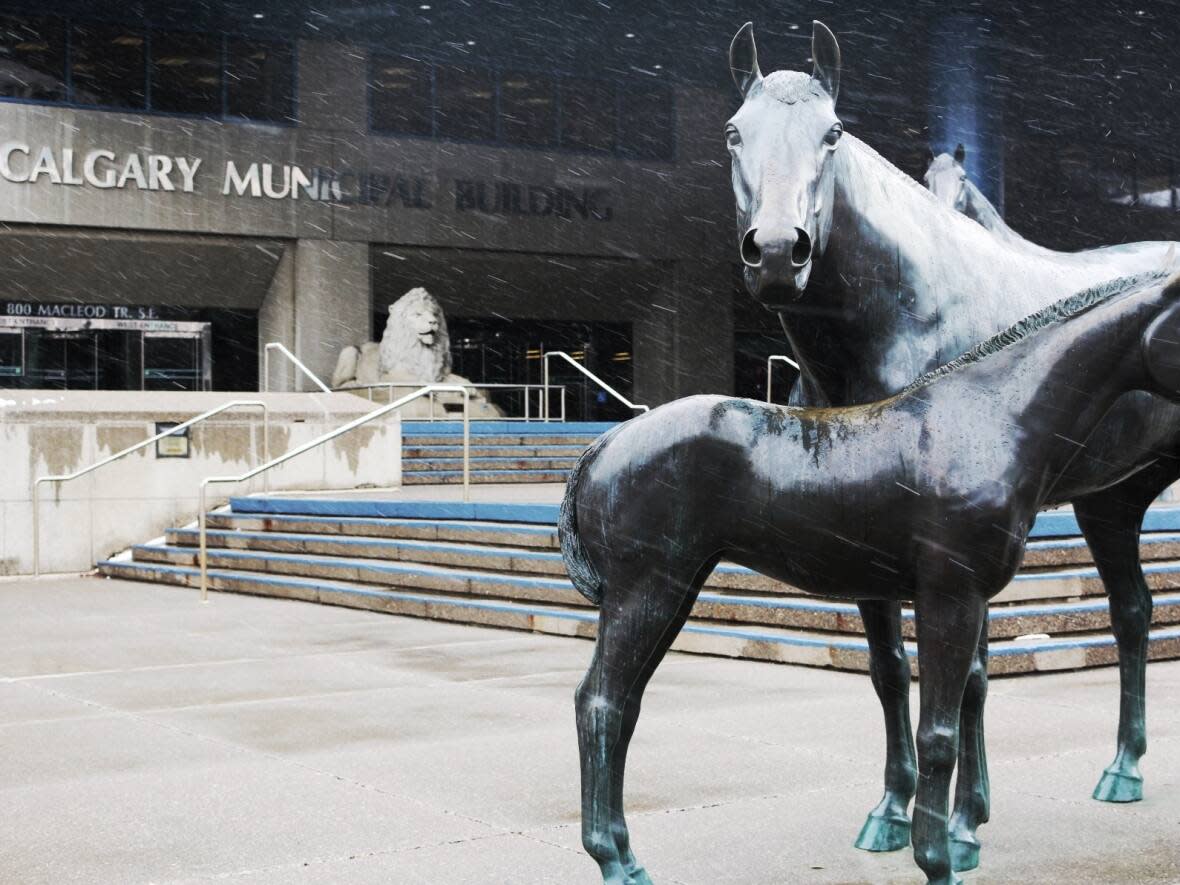Calgary Transit says previous service levels not expected soon as city budget debate continues

Calgary Transit is unlikely to reach 2019 levels of service for two years as a significant shortage of operators continues to hamper delivery, the agency's director said Thursday.
"We are currently facing a staffing shortage. We have a shortage of operators, of about 800," said Sharon Fleming, speaking to reporters amid city council's week-long budget deliberations.
"We have recruited about 253 this year, and we have actually called back most of the [operators] that were laid off during the pandemic."
Transit was just one of the areas of focus on Thursday amid the fourth day of city council's budget debate. It followed a marathon two-day public hearing when more than 150 people spoke to council.
Council members spent Thursday asking administration questions about the budget.
Transit an area of focus
Fleming said the situation presented an issue of attrition due to retirements, adding the transit agency was working to ramp up its training team to recruit as quickly as possible, hopefully recruiting up to 800 operators next year.
Still, Calgary Transit expects it will take two years to reach 100 per cent of 2019 levels of service. In September, ridership was sitting at about 80 per cent of pre-pandemic levels, and the city was still running only three-car trains instead of four.
The city is planning to buy 25 new LRT cars so it can return to the four-car CTrains, while it also plans to age out its fleet of U2 vehicles in 2026.
Some of those U2 vehicles date back to the early 1980s.
As a part of that plan, hikes to transit fees have been proposed. Adult monthly passes, which are now priced at $112, would cost $126 by 2026 if the plan is approved.
City administrators have asked council to approve a 4.4 per cent property tax increase for next year as a part of a four-year budget plan, with an average 3.7 per cent increase each year until 2026.
Council had previously directed administration to limit property tax increases to something below the rate of inflation plus population growth.
"We can't do all the things that Calgarians want because our resources are limited, and we need to keep taxes affordable," Carla Male, the city's chief financial officer, said earlier this week.
On Friday, council will debate motions on amendments to the budget.


